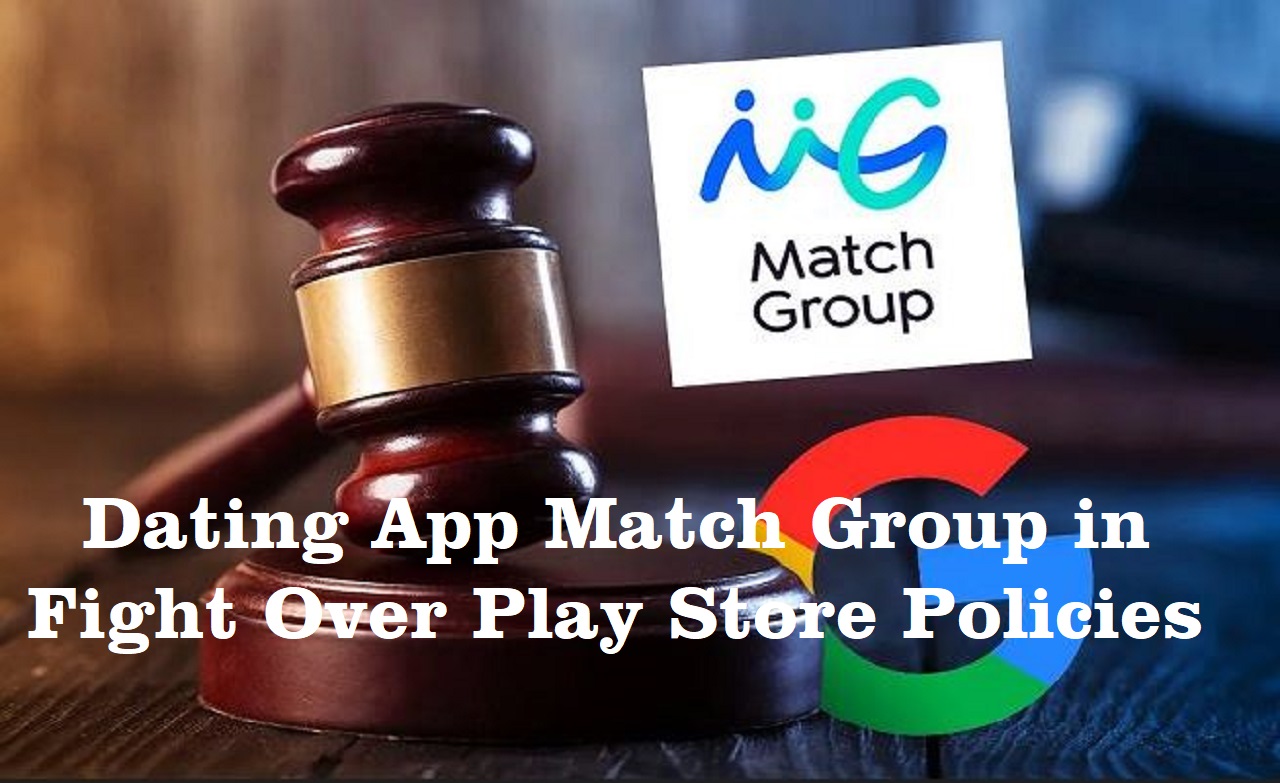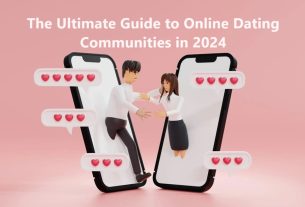
Dating App Match Group in Fight Over Play Store Policies
Dating App Match Group in Fight Over Play Store Policies
Dating app Match Group is suing Google for antitrust violations. The owner of popular dating apps, including Tinder and OkCupid, Match Group, said it would sue Google over antitrust issues with the policy change.
About a month ago, Spotify filed an antitrust complaint against Apple with EU regulators over its similar rules. “We want all developers to be able to release an app on Android and grow — not just those that can afford to pay 30% of their revenue,” Match Group CEO Mandy Ginsberg told the New York Times in a statement.
Google is countersuing Match Group, owner of popular dating apps including Tinder and OkCupid,
For antitrust issues, Google is countersuing Match Group, owner of popular dating apps including Tinder and OkCupid.
Match Group had previously sued Google for antitrust problems. Now it’s time for Google to fight back in court too.
Google says it’s unfair for Match Group to hold up having its app on the Play Store as a condition of making one of its services available through Android TV.
The dispute centers on a recent requirement by Google that Android users.
Google has a new policy requiring Android users to have a payment feature on their apps. This is the first time that Google has needed this, and it’s unclear why they are doing so now.
In a recent blog post announcing the change, Google said it was necessary because “the majority of apps in our store don’t offer any payments features at all.” However, the company did not explain why this is happening now or what prompted them to make a move.
If the Play Store app doesn’t have the payment feature, Google will block the app from being listed in the Play Store.
Google’s rules are a big problem for Match Group. Because the company doesn’t have a direct relationship with Android phone makers, it can’t charge them for app install ads on their devices. However, Google’s policies require apps to be free of charge and upfront about any in-app purchases.
Match Group is suing Google for anti-competitive practices, claiming that its policy benefits competitors like Apple, which has its own App Store and allows paid downloads of apps. The suit alleges that “Google’s competitive advantage over other companies is based on its ability to use its leverage as an operating system provider (and more recently as an online search engine) to drive out competition from other providers of content and services.”
While Google may be able to argue they’re working toward consumer protection (or at least their version), this also means they’re preventing some developers from making money via Android users—and by extension, preventing those developers from supporting themselves or continuing their work on new projects.
Match’s parent company is suing Google for anti-competitive practices.
You’ve likely heard about the lawsuit that Match Group, the parent company of some of the most popular dating apps, is filing against Google. In short, Match Group argues that Google’s policies for the Play Store are anticompetitive and hurt consumers.
Match Group owns Tinder and OkCupid, among other apps. They say they have to pay 30% of app revenue to Google to be listed on the Play Store—even if users are already using their app (for example, you download Tinder through another device or a web browser).
They also claim that Google has restricted the ability for other search engines like Bing or Yahoo! to be used as default options when searching for things like “dating” or “dating app.”
This week, Match Group said it would sue Google over antitrust issues with the policy change.
This week, Match Group said it would sue Google over antitrust issues with the policy change. Match Group is the parent company of Tinder, OkCupid, and Match.com, among others.
Google announced last month that Android users would need to have the Play Store app installed on their phones if they want to download other apps from third parties like Amazon or Facebook (both of which are blocked by Google). The company did not provide a specific reason for requiring this at first but later claimed that it was necessary for security reasons.
About a month ago, Spotify filed an antitrust complaint against Apple with EU regulators over its similar rules.
In April, Spotify filed an antitrust complaint against Apple with EU regulators over its similar rules. Spotify has since been the only app affected by this new policy. A spokesperson for Match Group said that “the developers of Tinder, OkCupid and all our other apps have always been able to use Google Play in the same way as other developers, and we haven’t seen any evidence from Google or Apple that this has changed.”
“We want all developers to be able to release an app on Android and grow — not just those that can afford to pay 30% of their revenue.”
Google is vested in keeping Android as open and accessible as possible. As a result of its success, Google has monetized its operating system through search ads, which are only viable if the advertised product is available to everyone. If Android became too proprietary, demand for it would decline, and Google’s revenue would also fall. This is one primary reason why Google has been so adamant about ensuring that its Play Store policies remain fair and equal across all developers: they want to keep their ecosystem fresh and vibrant by welcoming any developer who can create something of value.
It’s a fight between tech giants over 30%.
Match Group is suing Google for antitrust practices as it’s having difficulty getting its dating app Hinge onto the Google Play Store.
Match Group, which owns Tinder and Match.com, says that Google’s new policy to ban apps that allow or encourage paying users to message each other violates its rights under US antitrust laws. In response to Match Group’s lawsuit, Google countersued Match, saying that it had breached their licensing agreement when it attempted to sell Hinge through another online store before November 1st, 2020 – something they were not allowed to do according to both parties’ terms of service agreement (TOS).
Conclusion
While the antitrust complaint is still being investigated, this week’s lawsuit shows that Google is willing to fight back. And with Spotify also suing Apple in Europe over its 30% policy, this could be the beginning of a new technology war that could have far-reaching effects on consumers worldwide. This could be especially important as more companies move toward mobile payments systems; Google doesn’t want to lose out on revenue by not taking their cut from these transactions.







1 thought on “Dating App Match Group in Fight Over Play Store Policies”